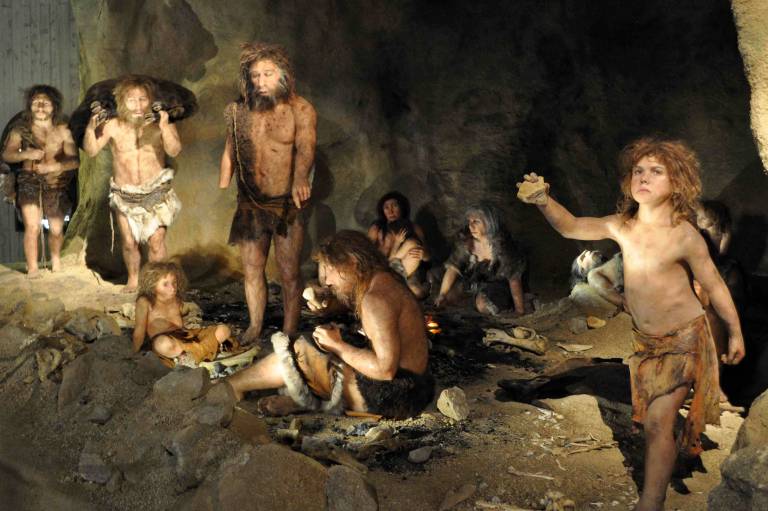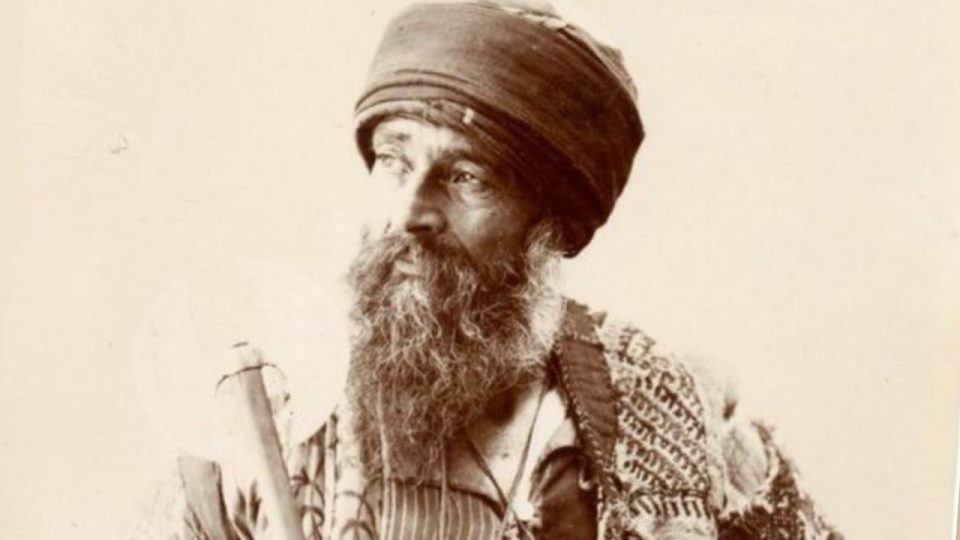Norway’s involvement in World War II had a significant impact on the country’s political and social landscape in the post-war era. The German invasion and occupation of Norway from 1940 to 1945 left deep scars on the country, and the process of reconstruction and rebuilding was long and difficult.
During the war, Norway’s government-in-exile in London played a crucial role in the Allied war effort, and many Norwegians participated in the resistance against the German occupiers. This resistance was both military and civilian, with acts of sabotage, espionage, and propaganda being carried out across the country.
The end of the war brought a period of political and social upheaval in Norway. The government-in-exile returned, and a process of demobilization and disarmament began. Many Norwegians who had fought against the Germans in the resistance found themselves marginalized in the post-war political landscape.
At the same time, there was a growing awareness of the need to rebuild and modernize the country after the war. The Norwegian Labour Party, which had been in opposition during the war, emerged as the dominant political force in the post-war era, and embarked on an ambitious program of social reform and economic development.
One of the key features of this program was the creation of a comprehensive welfare state, which provided universal access to healthcare, education, and social security. This was a major departure from Norway’s pre-war political and social landscape, which had been characterized by a more laissez-faire approach to social policy.
The post-war period also saw the emergence of a new cultural identity in Norway. There was a renewed interest in traditional Norwegian culture and folklore, and a growing sense of national pride and identity. This was reflected in the arts, with a new wave of Norwegian literature, music, and film emerging in the post-war years.
At the same time, Norway’s international role changed significantly in the post-war era. The country became a founding member of the United Nations, and played an active role in promoting peace and disarmament on the international stage. Norway also became a key player in the development of the European integration project, eventually joining the European Economic Community in 1972.
The legacy of World War II continued to be felt in Norway in the decades that followed. The country’s experience of occupation and resistance had a profound impact on the national psyche, and the war remained an important cultural and historical reference point. This was reflected in the continued importance of war memorials and commemorative events, as well as in the ongoing debate about the meaning and significance of Norway’s role in the war.
In conclusion, Norway’s role in World War II had a lasting impact on the country’s political and social landscape in the post-war era. The war brought both trauma and resilience, and set in motion a process of transformation and renewal that shaped the country’s identity and future direction.












